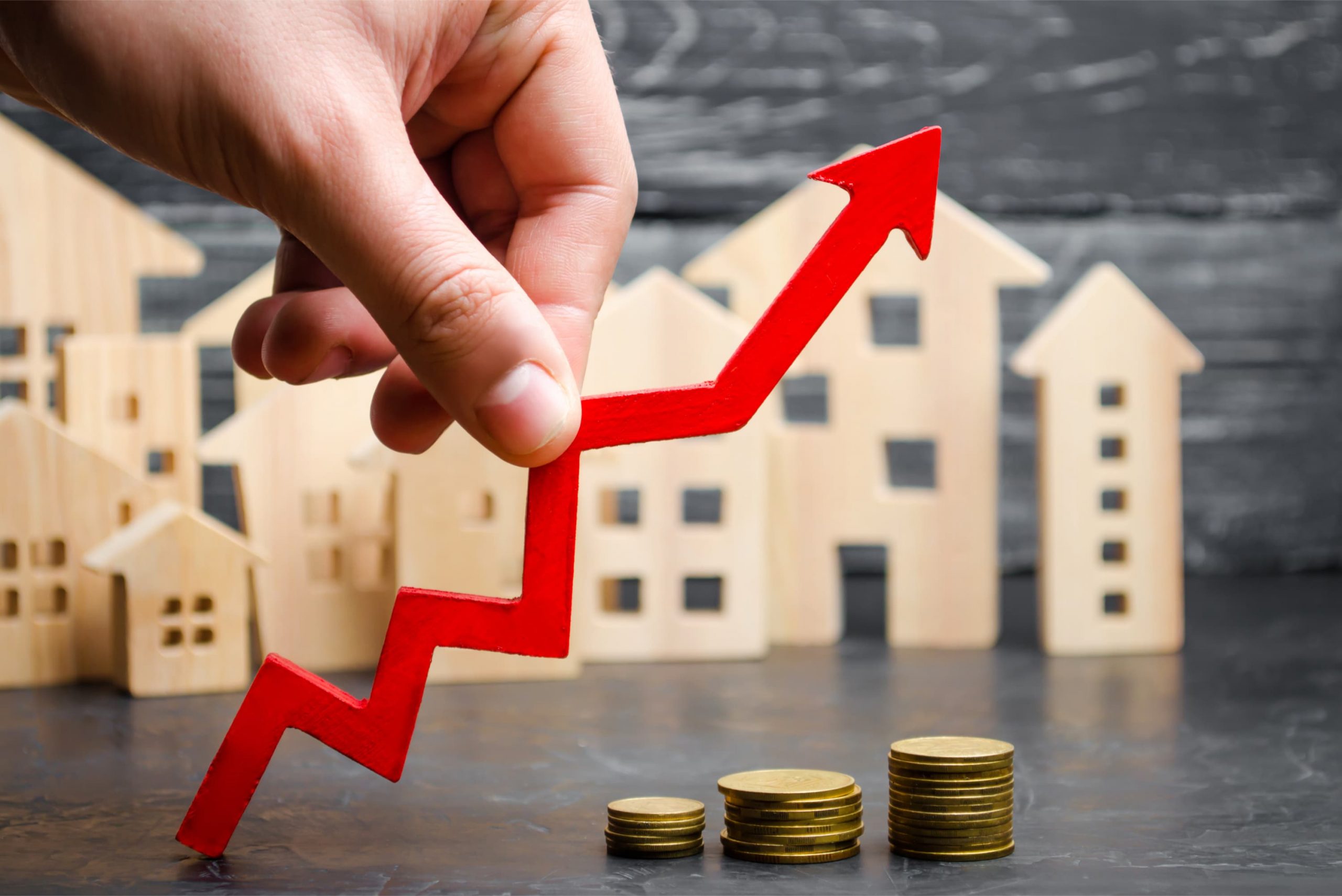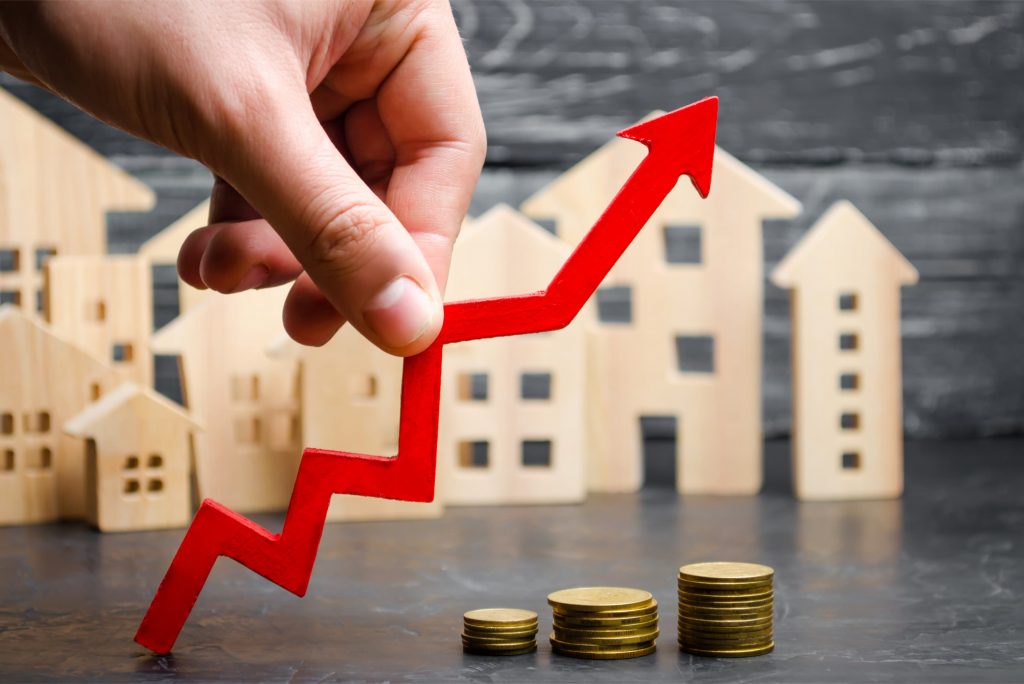Currently, we find ourselves in an economic quagmire with many investors ferreting opportunities to grow individual wealth. Unlike Baby Boomers, the need to search for personal wealth opportunities are particularly important for young investors, as we need to ensure that enough money is put into retirement “piggy bank.” If you consider the general economic trend, young adults have to work longer into retirement years than previous generations in order to sustain a standard of living they were accustomed to in their working years. Consequently, young investors need strong investment returns that exceed the rate of inflation in order to avoid working in later years.
In lieu of our insatiable appetite for moderate to high rates of return, young investors know that traditional bonds won’t meet our needs, as they normally return 5% per year. Consider that inflation is normally 3%, which leaves us with a real rate of return of only 2%. To be exact, it’s slightly less than 2% based on the Fisher hypothesis, a theory where interest rate is independent of monetary measures, particularly the nominal interest rate. Hence, a real rate of return of a paltry 2% won’t afford a 20-something the desired monetary growth for their long-term personal investment portfolio. There are a lot of things that are very vital to be followed properly in the concept of the game. If you do not want to get any type of difficulties then you should check it out. That is the reason people should go f0or the these things.

If bonds don’t give young investors a high rate of return, many economists would suggest investing in stocks. The basic theory of stocks is that the greater the financial risk, the greater the reward. Most young investors know about those who have made a great sum of money in the stock market. We often overhear our friends and colleagues discuss how they made thousands of dollars in the market over a short amount of time.
But let’s check the facts…
Consider that 10 years ago, the S&P 500 hovered at approximately 1,400. Today, it’s at approximately 1,100. That’s a decrease of 21% — an unpalatable figure for those who want to eat in retirement. Not only has the S&P declined, but the Dow is down by 3%. Again, it’s not a return needed to prepare a young person for a decent retirement. Net takeaway: stocks.
After examining the investment opportunity in bonds and stocks, the next stop on our journey is real estate. I have often heard that real estate — particularly buying a home — is an investor’s best asset. Let’s see if this is a valid claim.
Depending on your sources, the average home price in the U.S. at the beginning of the millennium was approximately $160,000. Today, that same home will sell for approximately $200,000. Before we attempt to determine whether real estate is a good investment for a 20-something, consider that home prices rose considerably during the first half of the decade. If we explore the change in home prices, the average home increased by $40,000, or 25% over the decade. If you do the math — considering present value, future value, and time — this equates to a 2.2% compound increase year over year. Congratulations, we’re now in the positive rates of return.

Just one moment. We haven’t considered the rate of inflation, which we know historically is greater than 2.2%. Not only that, we haven’t taken into account that it cost us approximately 5% to 6% a year to borrow the money to purchase the home.
Granted, we all have to have a roof over our head, and I’m not suggesting that real estate is a bad investment, but it is my personal opinion that if your home is your best and biggest investment, then you may be in trouble. Young investors need to undergo a paradigm shift in which they view real estate as a place to live and not as a money generating asset. It is vital to our long-term financial success that we understand that homes are not a money machine that will make us all rich, but a place to live that affords us the ability to raise children and keep us warm during the winter months. A home may be your biggest investment — but it may not be your best investment. In my opinion, diversifying your personal portfolio and including a healthy blend of stocks, bonds, and real estate is the best way to go.

